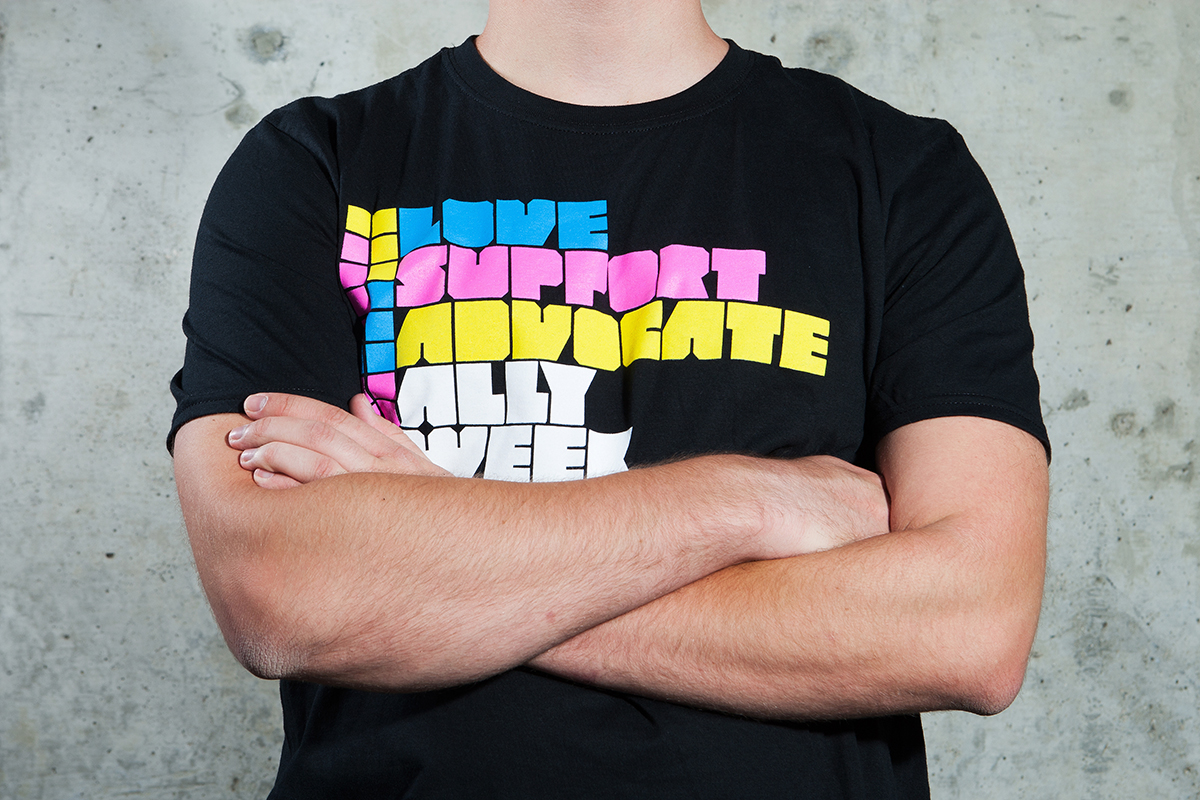His story: ‘I wanted to see past those gender norms, but when you’re living them, it’s harder’

(Tim Bradbury/Daily Bruin senior staff)
By Kate Parkinson-Morgan
May 1, 2014 2:03 a.m.
TRIGGER WARNING: This article contains descriptions of sexual violence.
“Shhh. It’s not a big deal. I know you’re secretly into it. Just give it a chance.”
Luke* was at a party in the North Village last spring with a female friend and a male friend. They were drinking and sitting together on a couch. Luke was drunk. While his female friend was not looking, his male friend began touching him inappropriately, and became more aggressive. “Shhh,” his assailant whispered to him. “It’s not a big deal. I know you’re secretly into it. Just give it a chance.”
Luke said he tried to resist the advances, but was too inebriated. The man only stopped touching him when another person walked into the room.
The experience left him feeling “bewildered and violated,” he said. It was not the first time his male friend had made advances toward him, but this was the first time he felt cornered and defenseless. The alcohol in his system left him incapacitated.
Luke is attracted to men, but he said not many people knew about his sexuality at the time. His assailant was one of the handful of close friends who knew and Luke said he believes this knowledge gave his assailant power over him.
After the assault, Luke said he did not know how to talk to anyone about it. He felt like no one would believe him.
“It’s something I was struggling with for so long … like ‘No, you shouldn’t be struggling with this; you need to be the strong masculine figure,” he said. “I wanted to see past those gender norms, but when you’re living them, it’s harder.”
When he told a friend he was assaulted by another man, his friend told him he must be “confused.”
Luke said he thinks the entire issue of sexual assault is often looked at as a “women’s issue.”
It’s true that the majority of sexual assault perpetrators are men. A January White House report “Rape and Sexual Assault: A Renewed Call to Action” cites statistics that say 98 percent of female and 93 percent of male rape survivors report that their assailants were male.
But the problem of sexual assault is not a gendered one, Luke said. The current stereotype of the college sexual assault problem – that girls go out, get drunk and a man takes advantage of them – erases the male survivor experience, he said.
After the assault, Luke searched online to read the stories of other male survivors. Most of the stories were from men talking about how they were assaulted in childhood, or later in their adult life, he said. He said he could not find stories about a man assaulted at a college party.
“Now when these issues are talked about, in terms of sexual assault, I can see myself,” Luke said.
He now encourages people to speak out and to report their assaults. But he often feels hypocritical giving this advice, he said, since he still does not feel safe enough to report his own assault.
In part, he is reluctant because his assailant still works alongside him in the undergraduate student government.
“I felt powerless to report; (it was like) why would anyone believe me? This would become something political if I ever decided to tell anyone about it,” Luke said. “I felt the position (my assailant) was in would always trump my word.”
He still sees his assailant on a regular basis at work.
He thought about reporting from the moment of the assault, but he said he kept returning to the same question: “Is it worth it?”
Right now, he said he thinks reporting is not worth the pain. He does not want to come up against mutual friends, whom he said will likely protect his assailant rather than support him. He said he feels he is finally moving forward, focusing less and less on the assault.
In the meantime, he said he wants to empower other survivors to speak out about their experience – not only to report, but to help them come to terms with what happened.
“I hope male survivors know that it’s not something to be ashamed of, they’re definitely not alone, and they can find support if they look for it,” Luke said.
*A pseudonym was used in order to protect the identity of the survivor. It is the Daily Bruin’s policy not to publish the names of the survivors of rape or sexual assault unless specifically instructed otherwise by the survivor.


